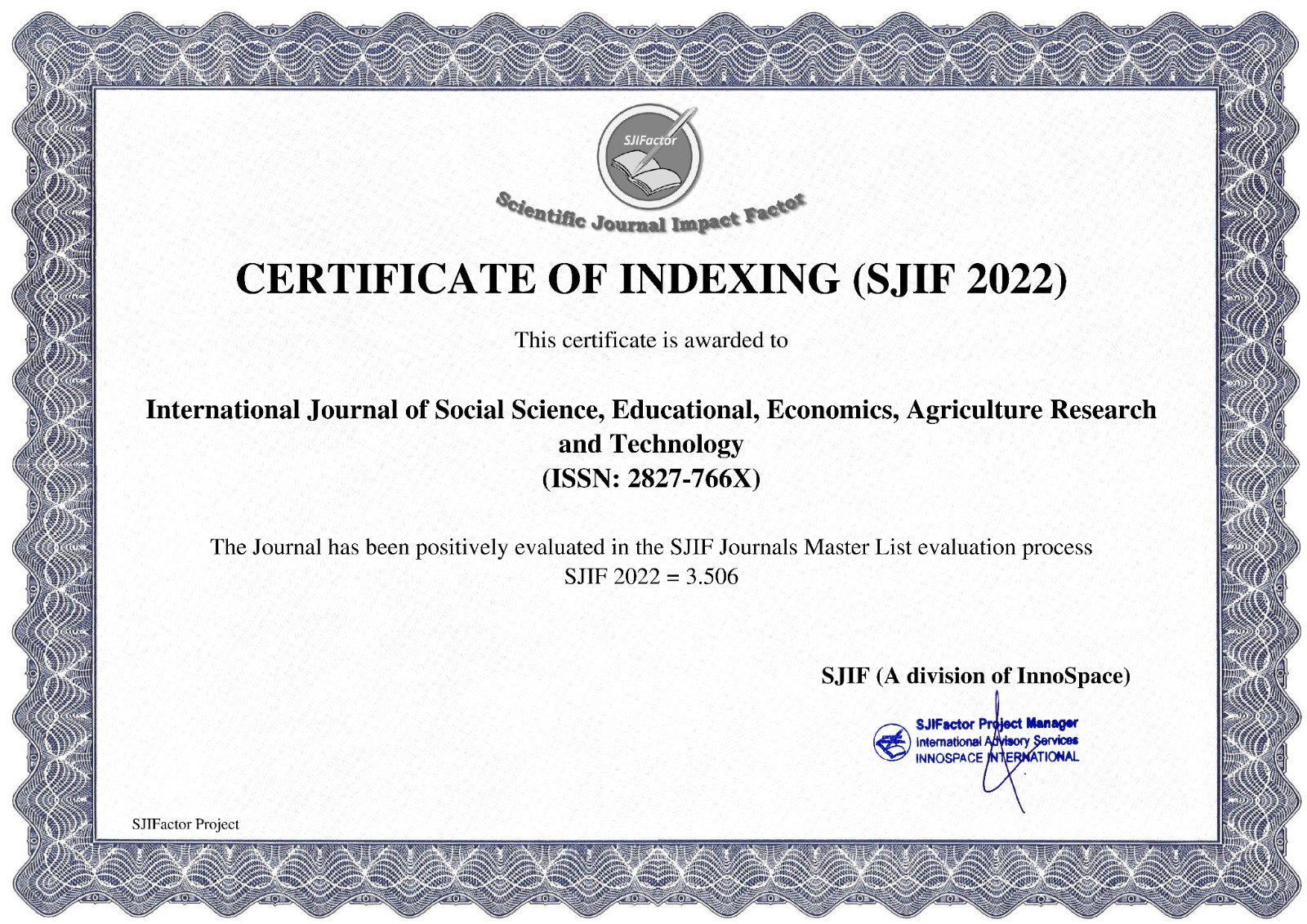THE INFLUENCE OF GOOD CORPORATE GOVERNANCE AND SUSTAINABILITY AUDITS ON THE IMPLEMENTATION OF SDGS IN PUBLIC COMPANIES LISTED ON THE INDONESIA STOCK EXCHANGE
Main Article Content
Rina Ambarwati
Abu Naim
Andika Mugi Gumilang
Ervina Yennie Permananingrum
Ahmad Pauji
Ilwin Hadi
The implementation of Sustainable Development Goals (SDGs) in public companies in Indonesia is becoming increasingly demanded as attention to sustainability issues grows. However, not all companies are able to optimally integrate the SDGs. This issue raises questions about the factors influencing the level of SDG implementation, particularly the role of Good Corporate Governance (GCG) and sustainability audits. This research aims to analyze the influence of GCG and sustainability audits on the implementation of SDGs in public companies listed on the Indonesia Stock Exchange. The research method uses a quantitative approach with purposive sampling technique and a total of 100 respondents from management and staff related to company sustainability. Data were analyzed using SPSS thru validity testing, reliability testing, classical assumptions testing, multiple linear regression, and hypothesis testing (t-test and F-test). The research results indicate that GCG and sustainability audits simultaneously have a positive and significant effect on the implementation of SDGs, with a contribution of 61.2%. Partially, both variables also have a significant effect. This finding confirms that strengthening good corporate governance and conducting credible sustainability audits are important strategies for improving the successful implementation of SDGs in public companies in Indonesia.
Abdullah, A., Danila, R., & Ibrahim, M. (2014). Developing Entrepreneurial Accounting Graduates Using Accounting Simulation Model among Accounting Students at Malaysian Public Universities. Procedia - Social and Behavioral Sciences, 164, 647–652. https://doi.org/10.1016/j.sbspro.2014.11.159
Ala-Heikkilä, V., Lämsä, A. M., & Järvenpää, M. (2024). Management accountants—A gendered image. Critical Perspectives on Accounting, 99. https://doi.org/10.1016/j.cpa.2024.102724
Ali, A., Elham, F., & Alauddin, A. (2014). Does Accountability Discharged through Performance Measurement System? Procedia - Social and Behavioral Sciences, 164, 421–428. https://doi.org/10.1016/j.sbspro.2014.11.098
Birkin, F., Margerison, J., & Monkhouse, L. (2021). Chinese environmental accountability: Ancient beliefs, science and sustainability. In Resources, Environment and Sustainability (Vol. 3). Elsevier B.V. https://doi.org/10.1016/j.resenv.2021.100017
Hong, P. K., Kim, K., Patro, S., & Yu, K. (2025a). Accrual accounting and access to external funds: Evidence from small businesses. Advances in Accounting, 68, 100786. https://doi.org/10.1016/J.ADIAC.2024.100786
Hong, P. K., Kim, K., Patro, S., & Yu, K. (2025b). Accrual accounting and access to external funds: Evidence from small businesses. Advances in Accounting, 68, 100786. https://doi.org/10.1016/J.ADIAC.2024.100786
Kauer, K., Bellquist, L., Humberstone, J., Saccomanno, V., Oberhoff, D., Flumerfelt, S., & Gleason, M. (2024). Advancing fisheries sustainability and access through community fisheries trusts. Marine Policy, 165. https://doi.org/10.1016/j.marpol.2024.106210
Salleh, K., Aziz, R. A., & Bakar, Y. N. A. (2014). Accrual Accounting in Government: Is Fund Accounting Still Relevant? Procedia - Social and Behavioral Sciences, 164, 172–179. https://doi.org/10.1016/j.sbspro.2014.11.065
Sawandi, N., & Thomson, I. (2014). Broadening Corporate Accountability: An ‘Idealised’ Downward Accountability Model. Procedia - Social and Behavioral Sciences, 164, 429–436. https://doi.org/10.1016/j.sbspro.2014.11.099
Wardani, D. K., Sabandi, M., Setyowibowo, F., & Andriyati, R. (2024). The relationship of university entrepreneurial orientation, academic innovation performance, and accreditation as moderation. Journal of Open Innovation: Technology, Market, and Complexity, 10(4), 100373. https://doi.org/10.1016/j.joitmc.2024.100373






















